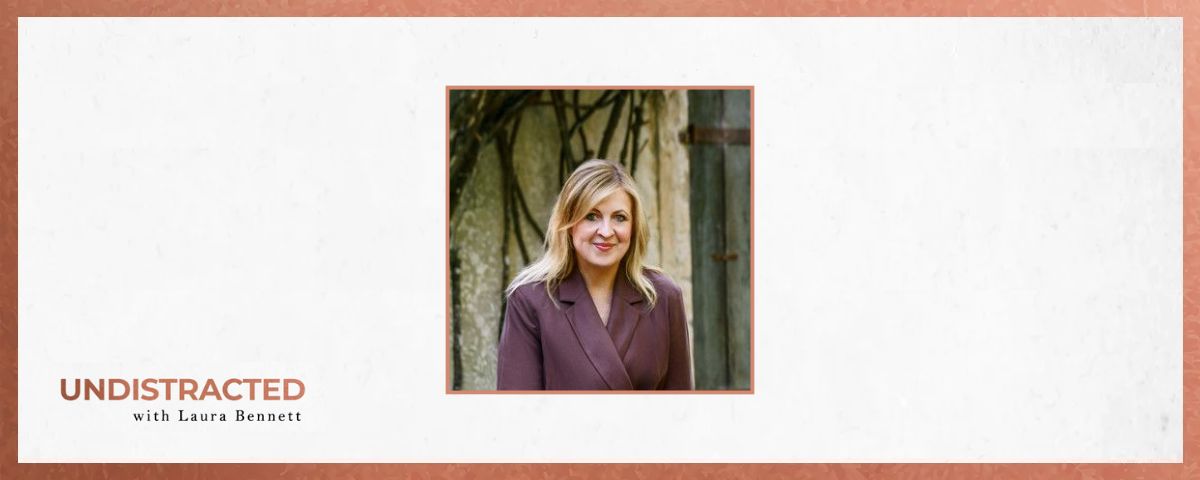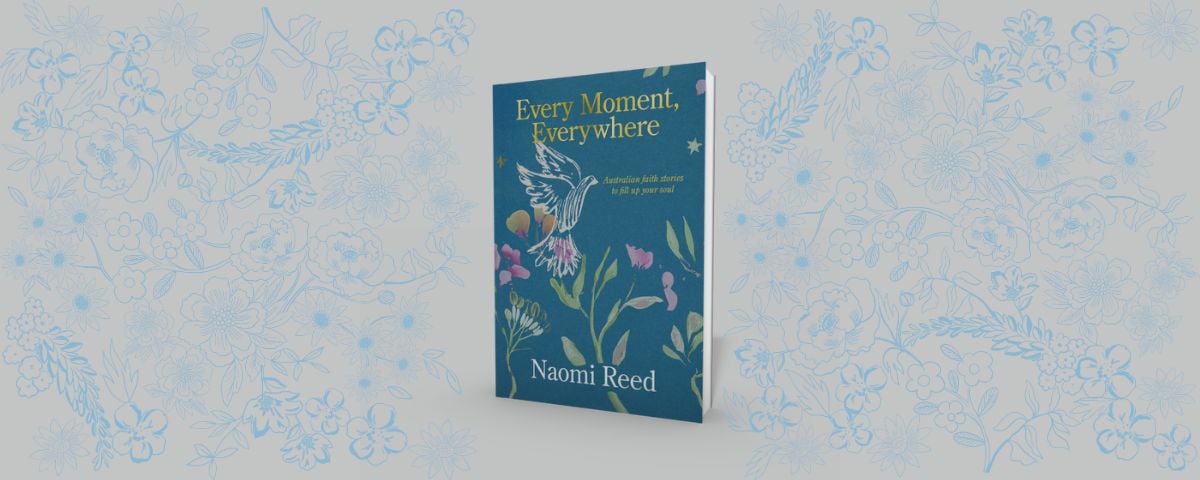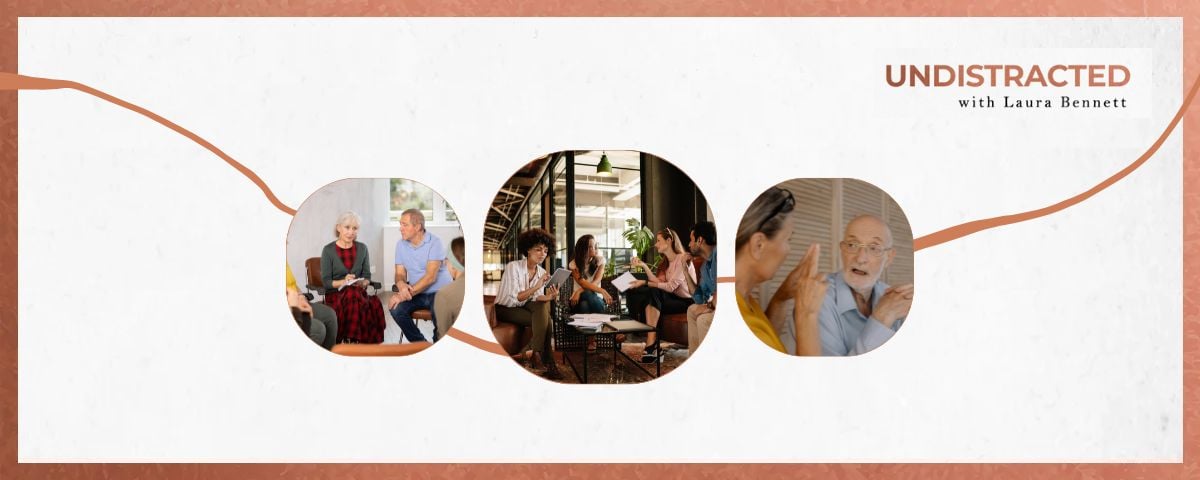It’s an accepted attitude that aging means getting tired, feeling mentally foggy or just flat, but health and fitness expert Michelle Bridges thinks a lack of understanding about perimenopause is leaving women with misguided beliefs about aging.
Key points:
- Sleep deprivation, moods swings, weight gain and fatigue are signals of our bodies changing state.
- 1 in 5 women will experience symptoms of perimenopause before the age of 40 and for a third it will include depression and anxiety.
- “But while [perimenopause] is inevitable, suffering isn’t.” – Michelle Bridges
After numerous visits to her GP because of erratic sleep patterns, Michelle was recommended anti-depressants but wasn’t convinced they were the right solution.
“My sleep was having knock-on effects onto everything,” Michelle told Hope 103.2.
Researching perimenopause – the years leading up to a woman’s last period (menopause) – Michelle found sleep deprivation, moods swings, weight gain and fatigue weren’t just symptoms of aging, but signals of our bodies changing state.
“I self-diagnosed myself as being in perimenopause,” Michelle said.
Sleep deprivation, moods swings, weight gain and fatigue are signals of our bodies changing state.
“[Being offered anti-depressants] is a really common story that I hear.
“And not to say there’s anything wrong with antidepressants, but maybe there’s other things at play.”
Michelle’s discovery led her to develop The Perimenopause Method program and informed the launch of her We Have a Situation podcast, where she talks with doctors, researchers and women about the “myths of menopause” and the symptoms we suffer through in silence.
“For most women they actually don’t know much about it,” Michelle told Hope 103.2.
“Three years ago I didn’t even know [perimenopause] was a thing.”
1 in 5 women will experience symptoms of perimenopause before the age of 40.
The reality is, 1 in 5 women will experience symptoms of perimenopause before the age of 40 and for a third it will include depression and anxiety.
The narrative though that it has to be all downhill and can’t be managed, is outdated and inaccurate.
“Life changes as you move through the chapters, there’s no question,” Michelle said.
“But while [perimenopause] is inevitable, suffering isn’t.”
Many of the medical experts Michelle’s spoken with so far shared that perimenopause was overlooked in their academic study.
“The whole reason why I’ve done this program is to bring the education piece to women using a microphone as big as I can find,” Michelle said.
“But while [perimenopause] is inevitable, suffering isn’t.” – Michelle Bridges
“Now that I’ve spoken to so many women that have given their personal stories and doctor and so on, I now think, ‘OK, I can handle this’.
“We’re women, we’re tough, we are resilient.
“I feel very empowered as a woman in this age category – I’m 54 – and I love being 54.
“Now that I’ve got this information to support me, I’m good. We’ve got this.”
Feature image: Photos by CanvaPro
Get daily encouragement delivered straight to your inbox
Writers from our Real Hope community offer valuable wisdom and insights based on their own experiences!


























